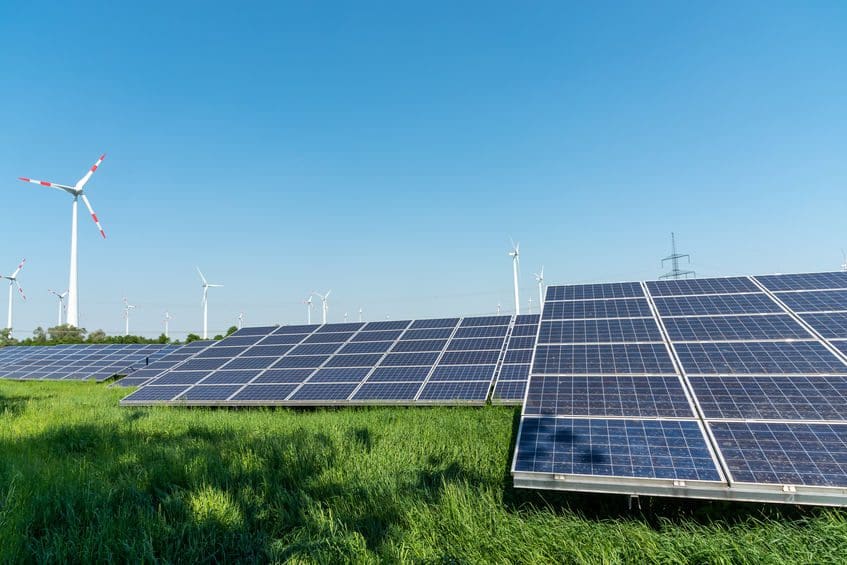Politicians have on occasion attempted to come up with some ideas to solve the perceived energy problem of the moment.
For example, Richard Nixon faced rising oil prices and decided to impose price controls. But as soon as the controls were lifted prices began to rise again because there was a shortage of petroleum.
Jimmy Carter believed that the answer to the nation’s dependence of foreign oil imports was to spend billions of dollars to create a synthetic fuel program. It failed.
Barack Obama wanted more funding for the exotic energy sources, such as wind and solar. One of his biggest projects funded a California based company, Solyndra, with a $535 million loan guarantee to build solar panels. It failed and went out of business in two years.
Democratic presidential candidate Joe Biden has a plan to spend $2 trillion to “transform” the usage of oil and natural gas, which currently supplies two-thirds of the nation’s energy, to renewable fuels, primarily wind and solar.
Since Biden’s comments, several people have pointed out some of the unintended consequences of his transformation plan.
Secretary of Energy Dan Brouillette said the recent increase in U.S. oil production enhances the nation’s energy security, military capabilities and strengthens our geopolitical relationships.
“First, our military is a massive consumer of energy,” Brouillette said. “In fact, the Department of Defense spends around $15 billion on energy – 2 percent of its annual budget of more than $700 billion. Much of the military’s energy use goes towards training and housing service members so they are prepared for overseas missions. Therefore, reliable domestic energy production is vital to our national security, ensuring that we maintain continuity of operations at bases around the country.”
Brouillette noted that strong domestic energy production means the U.S. is “no longer beholden to the Middle East for our energy supplies like we were 30 years ago.”
He also pointed out the United States has become a leading energy exporter of oil and natural gas recently, which “helps maintain a healthy global energy market and strengthens our geopolitical relationships.”
“Led by Texas, America’s energy production dominance strengthens our national security by supporting the military’s stateside mission, providing energy security in times of uncertainty, and strengthening foreign policy relationships in key regions,” Brouillette said. “The Trump Administration is committed to maintaining this energy advantage to ensure our security and prosperity.”
Texas – the state which produces the most oil, natural gas and refined petroleum products – depends on the energy industry to provide jobs, economic growth, and a high standard of living through a lower tax rate because of the viability of the industry.
Bernard Weinstein, associate director of the Maguire Energy Institute at Southern Methodist University, recently stated in the Austin American-Statesman production and sales tax receipts linked directly or indirectly to the oil and gas industry exceeded $35 billion in fiscal year 2019.
“In fiscal year 2019, Texas school districts received $1.54 billion in ad valorem taxes from mineral properties producing oil and natural gas, pipelines and gas utilities while counties received $398.7 million,” Weinstein said.
Weinstein points out that under Biden’s transition plan these sources of revenue will be reduced.
“Finding new revenues to keep Texas and its local governments adequately funded will be a daunting task,” he said. “For example, is it time to start taxing wind and solar farms instead of subsidizing them? Do we need a special road use tax on electric vehicles to ensure they pay their fair share of highway maintenance costs?”
“There are no easy choices, but the energy transition is real and we have to modify Texas’ revenue structure to reflect that transition,” he said. “Otherwise, basic governmental functions like education, highways, public safety and recreation will be at risk.”
Alex Mills is the former President of the Texas Alliance of Energy Producers.
Alex Mills is the former President of the Texas Alliance of Energy Producers. The Alliance is the largest state oil and gas associations in the nation with more than 3,000 members in 305 cities and 28 states.





